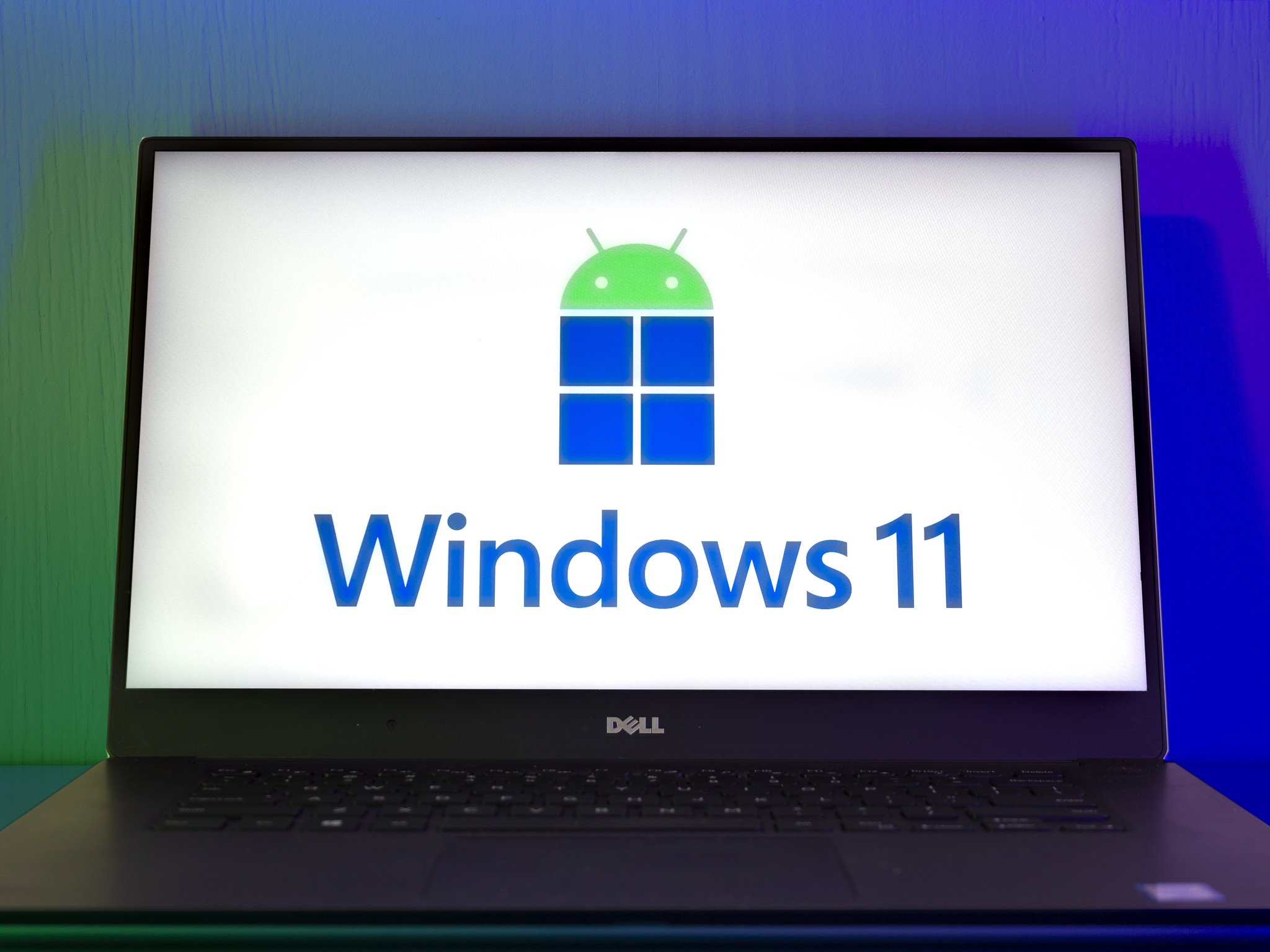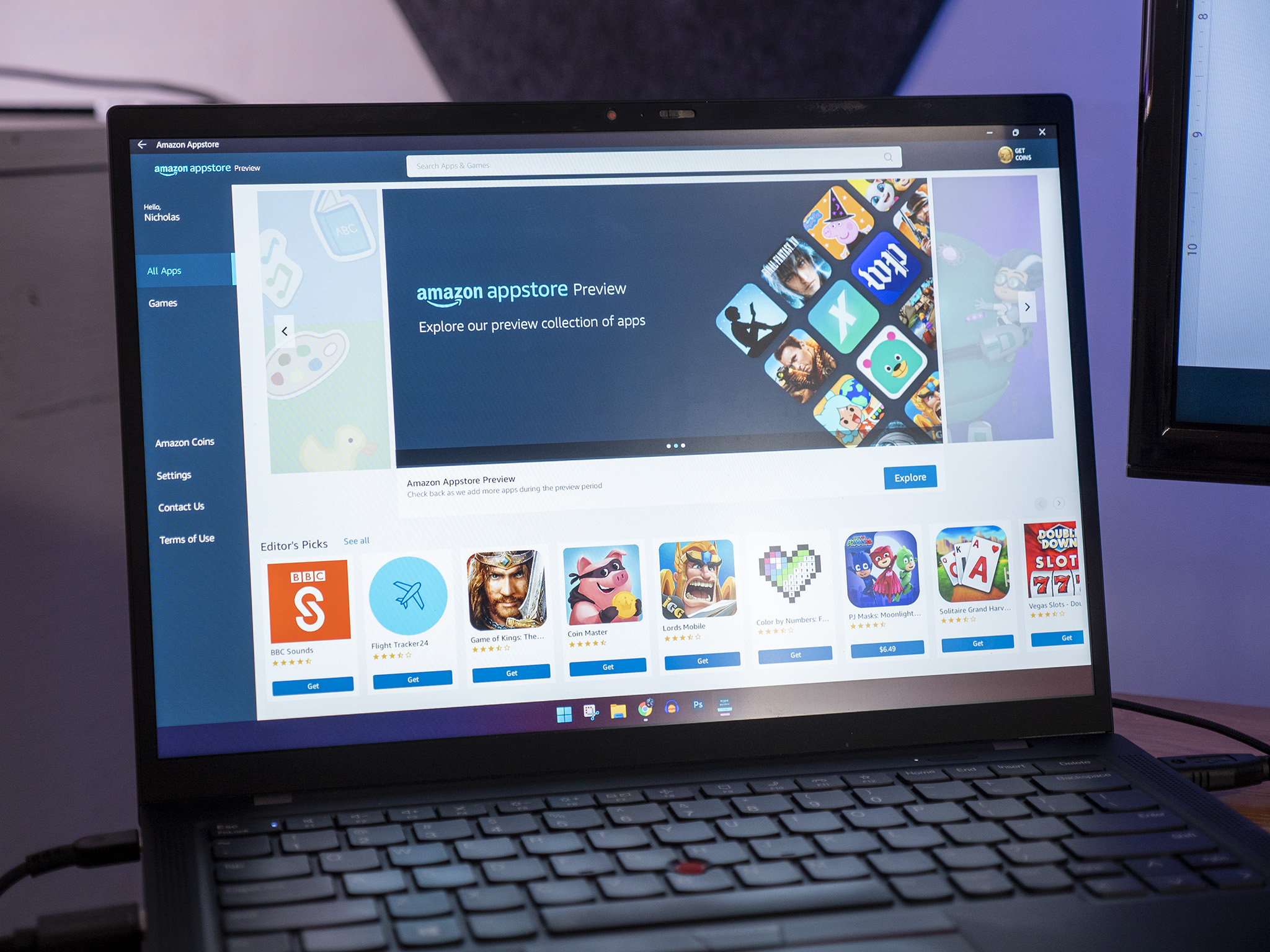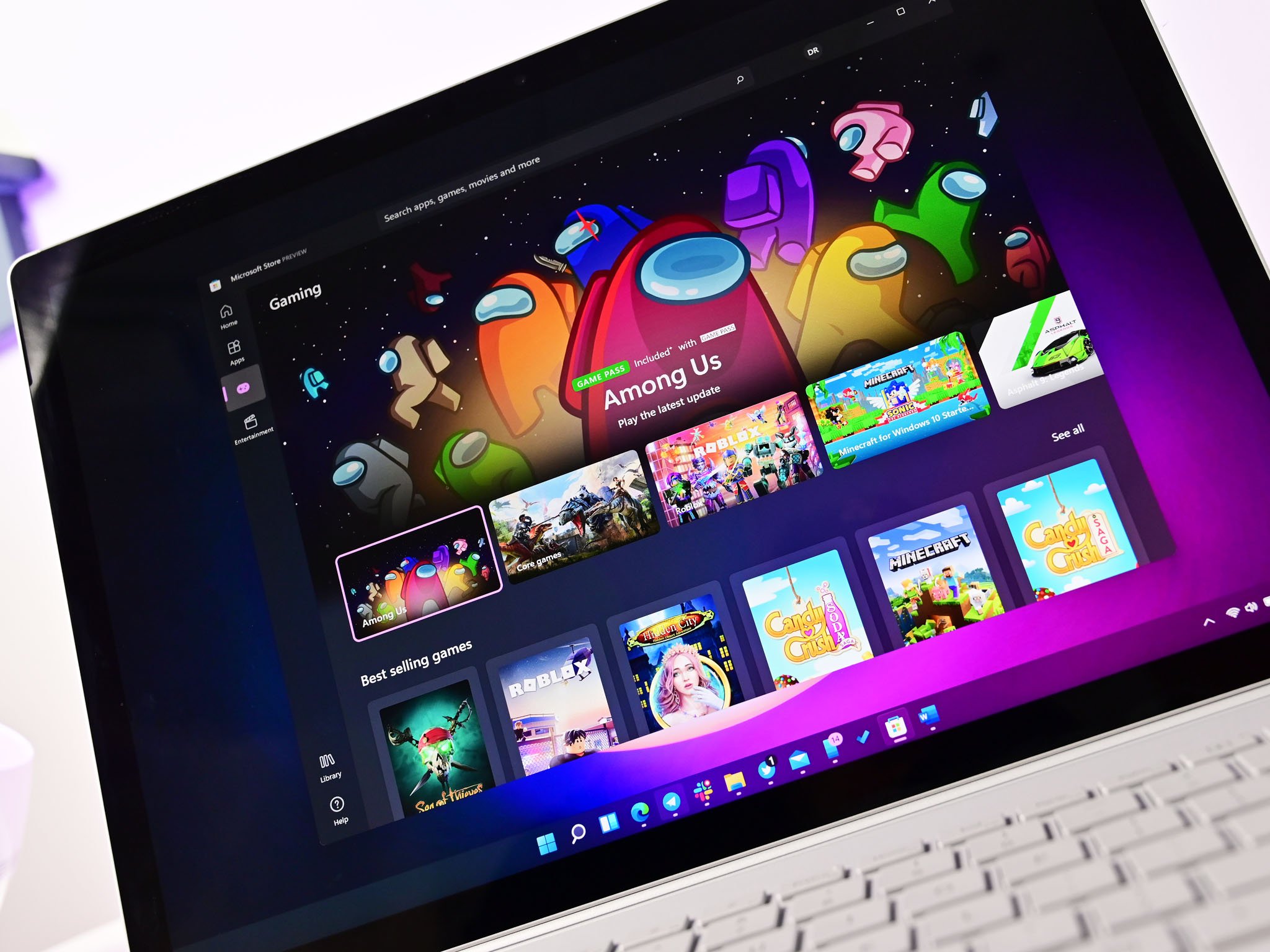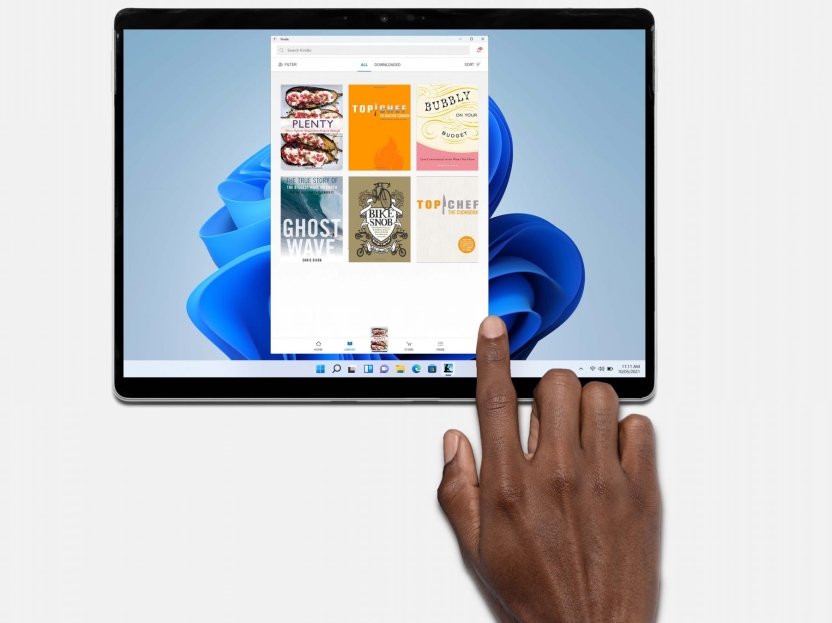From Bluestacks to Apple Arcade to Xbox Game Pass, Android on Windows 11 has plenty of rivals.
The world of Android will invade Windows PCs in 2022. Microsoft is currently beta-testing 50 Android apps from the Amazon Appstore on Windows 11, preparing for a public launch next year. Google, meanwhile, will launch Google Play Games on PCs next year, too.
You'll already find Android app support on Chromebooks, and Google claims it saw a 50% increase in Android app engagement in Chrome OS in 2021. But Android on Windows 11 will help devs, and game studios piggyback on PCs' much larger market share for greater revenue — and close the gap on Apple's massive advantage in-app sales.
That all sounds great in theory! Especially for people working from home who want to enjoy their favorite Android games on a larger screen, or for those who prefer to buy cheap Android phones and can use their superior PCs for better benchmarks.
But in practice, there's plenty of reason to be skeptical. Android on Windows' success will depend greatly on optimization, performance, and the selection of apps available. And both Microsoft and Google's offerings could face speed bumps on the road to success.
Android (minus Google) has messy PC potential
Our colleagues at Windows Central have tested Android on Windows 11 and were generally quite impressed with its initial functionality. You can resize apps, pin them to the Taskbar, use Snap Layouts, and generally enjoy apps any way you want. It's reminiscent of using apps in DeX mode on Samsung tablets.
They did note that apps tend to use a healthy amount of memory, so just a few apps open at once could task your PC to capacity if you don't have much RAM available. But it's quite promising.
Unfortunately, either Google or Microsoft (or both) didn't want to play ball with one another, so the Windows 11-Android integration uses the Amazon Appstore, not the Google Play Store.
Only a few household-name apps like Kindle and Comixology are available through this Amazon Appstore beta; you'll have to sideload Android apps on Windows 11 to get the most popular apps. And while a passionate minority of Android users love sideloading, rooting, and the like, most people will give up the moment an app doesn't appear in search results.
Without the Play Store, Android on Windows 11 is starting at a disadvantage.
Apps on the Play Store use Google Mobile Services and Google Play Services. These keep apps updated with the latest security and privacy tools while also offering access to specific Google firmware and services. That means Android devs have to build and keep updated a second version of their app for Fire tablets and Windows. And many developers lack the resources or financial incentive to port their mobile-based software to larger screens and a smaller user base.
Fire tablets get away with limited app availability because they're so cheap and because people mostly buy them for streaming apps. But Android on Windows 11 can't get away with that. Not being able to access your favorite apps on a thousand-dollar screen will have most people ignoring the app store in favor of browsers and bookmarked URLs.
What gives me hope is that Microsoft and Amazon will want to make this service succeed so that they can get their own Android profits. They may even provide incentives for big-name devs to partner with them.
How many developers will put in the work to make resizable apps happen?
At the same time, many developers are currently making their apps responsive to different screen sizes in preparation for Android 12L early next year. Most devs never bothered to make their apps resizable for Samsung DeX mode, but with 12L for tablets/foldables and Android for Windows arriving at the same time, more devs may make the leap.
Ultimately, if people can enjoy faster Android app performance on their laptops than on their budget Android phones, that's something worth looking forward to.
Google Play Games vs. a stacked PC gaming lineup
We've compared Play Pass vs. Apple Arcade in the past, but it's an apples-to-oranges comparison. Play Pass gives you 800 games and apps, partnering with popular mobile devs for some excellent Play Pass games and offering ad-free access to tons of apps. Apple Arcade, meanwhile, offers about 180 games, mostly exclusive to Arcade — all of which are optimized for iPhones, iPads, and MacBooks.
With Google Play Games for PC, it'll bring "the best of the Android and Google Play games ecosystem to Windows PCs." Just like Apple Arcade lets you use the same save file on your MacBook and iPhone, your saves will transfer from Android phones to Windows devices. Reportedly, it'll have both emulated Android apps and PC-ready games.
What's not clear yet is whether you'll need to own apps or if this is a subscription. It's fair to ask how many games it'll have at launch if Google plans to acquire exclusives like Apple did, how much a hypothetical subscription would cost and whether it'll use Stadia-backed cloud streaming or have you download apps to your computer.
How will Google Play Games stack up against other PC gaming platforms?
How will Play Games for PC compare against Xbox Game Pass for PC, which arguably has a ton of problems? Against Google's own Stadia, which offers access to actual AAA games instead of mobile ones? Or against major PC heavyweights like Steam and Epic Games Store, which have plenty of free-to-play games, giveaways, and major sales on popular titles?
It also has to compete against Bluestacks, a free Android gaming emulator that streams over 200 Android games through the cloud.
Google is stepping outside the comfort zone of its Play Store monopoly into a proper PC melee, an area where it doesn't have much history. With its notorious record of killed-by-Google projects and Stadia's dreadful launch with limited exclusives, it's fair to be skeptical about Play Games' chances of making an impression.
Apple Arcade isn't a true "competitor" given its exclusivity to Apple products. But it's fair to note the advantages Apple has for this type of service.
Apple controls its own silicon design and production for its phones and computers, so it can optimize iOS/macOS performance without relying as much on RAM for speed. And in Apple Arcade's case, it can optimize its exclusives specifically for M1 and Bionic AX chips. Plus, there's the undeniable fact that the Apple App Store is much more profitable than the Play Store for developers, making Arcade an enticing way to gain inroads on that user base.
Meanwhile, Google will have to make this app work across the entire PC ecosystem and different CPU types, from AMD to ARM to Intel. Whether Google uses an emulator like Bluestacks or Rosetta 2, cloud gaming (aka Stadia), or a compiler like Intel Bridge, it has its work cut out to make Play Games run smoothly across a wide range of PCs.
Keeping my fingers crossed
When the Android/Windows news first launched, I speculated that this could make our tech purchases more insular. Just as M1 MacBooks and iPhones go hand-in-hand, Android apps on Windows could bring the two platforms closer together.
That could certainly still happen in 2022. But no matter how well the system works, its impact will be limited by which of the best Android apps come to Windows, which games jump from Play Pass to Play Games, and how well Google and Microsoft market and support their respective services.
Android's growth in the PC space could give its apps a major boost. Or, this could be a niche service that doesn't make much of an impression. Next year, we'll see if Google and Microsoft are up to the task.
from Android Central - Android Forums, News, Reviews, Help and Android Wallpapers https://ift.tt/3mCgU94
via IFTTT






Aucun commentaire:
Enregistrer un commentaire